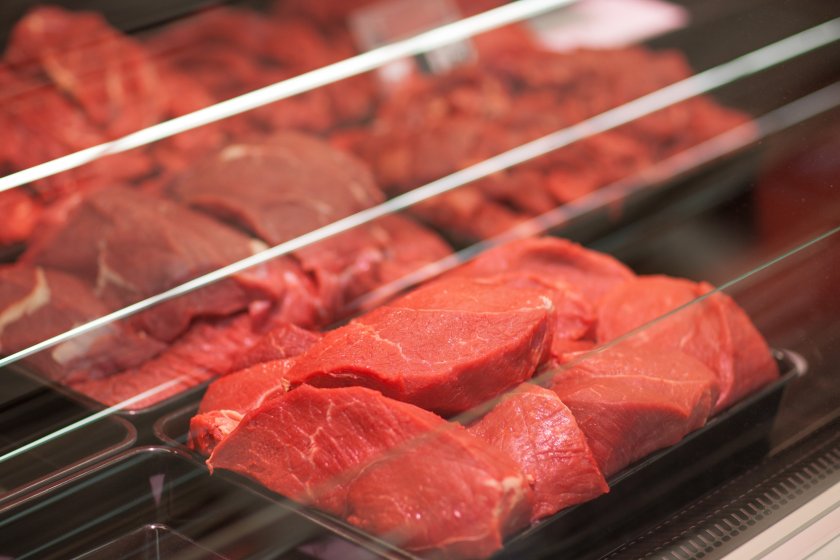
A review of 15,000 food products on shelves in supermarkets across Scotland has identified mixed retailer support for Scottish farmers.
Initial analysis of NFU Scotland's 'shelfwatch' has revealed which supermarket chains are stocking Scottish, and British, produce.
It was undertaken by an independent research firm, visiting 71 stores across mainland Scotland during a 48-hour period in late January.
Researchers looked at beef, lamb, pork, chicken, eggs, vegetables and dairy products on offer in Tesco, Asda, Morrisons, Sainsbury’s, Co-Op, Marks and Spencer, Lidl and Aldi.
The country of origin of products being offered by the stores’ own brands were reviewed to identify if they were Scottish, British or imported.
Results show that Aldi had the largest percentage of Scottish produce overall (48.7%), while Sainsbury’s had the lowest percentage (7.6%).
Three retailers - Asda, Tesco and Sainsburys - had less than 10% Scottish products overall. The largest percentage of other produce was UK.
Aldi, Lidl and Morrisons had more than 70% of Scottish beef. The largest amount of beef in other stores came from UK.
Tesco and Sainsburys had Irish beef, the largest was Sainsbury's with 10.4%.
Aldi had the largest percentage of pork, bacon and sausages labelled as Scottish, while six retailers had no Scottish labelled pork.
Sharing the results with delegates at the NFU Scotland Conference today (8 February), the union's chief executive, John Davidson said it was a 'completely mixed bag'.
"While it is encouraging to see strong support for Scottish and UK produce in general and examples of some retailers stocking 100% Scottish, others appear to have absolutely none on their shelves."
Figures show that Aldi had the largest percentage (100%) of Scottish eggs and Scottish potatoes (100%), with Tesco the lowest for potatoes at 6.4%.
Aldi also had the largest percentage (61.8%) of Scottish vegetables, while Co-Op was the lowest at 4.8%.
For Scottish lamb, Lidl had the largest percentage (100%), followed by Marks and Spencer, at 83.6%.
Two retailers - Asda, Co-Op - had no Scottish lamb, while Aldi, Asda, M&S and Tesco had imported lamb, with 55% of lamb on Asda shelves imported.
Mr Davidson said that more could be done to ensure consumers are able to source more locally produce.
"This also begs some questions on labelling and marketing and whether consumers have full transparency of the origin," he added.
“These results provide us with a fantastic opportunity to not only hold retailers to account and accurately highlight to our consumers what’s going on in some shops, but also enables us give credit to those who are supporters."
NFU Scotland has commissioned a further three surveys to be carried out on its behalf this year.
